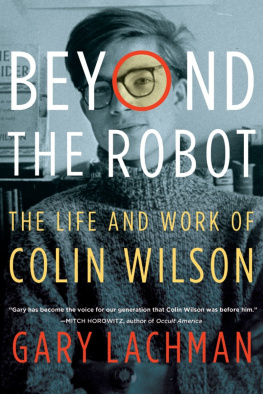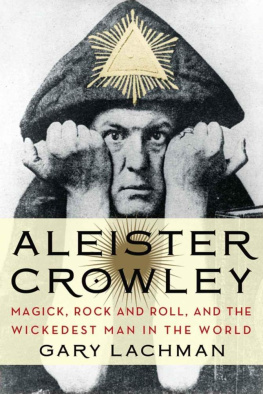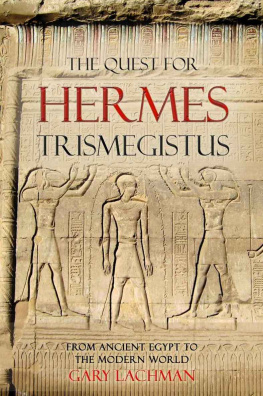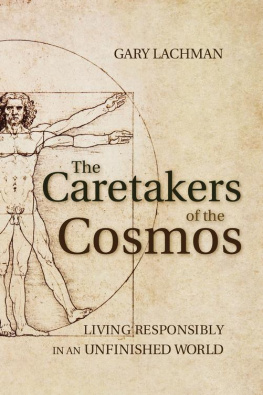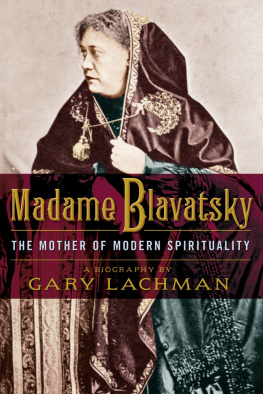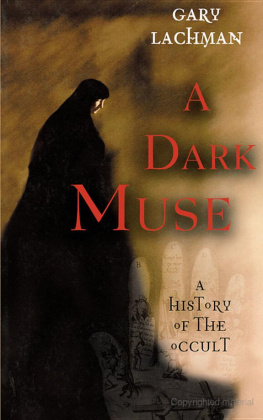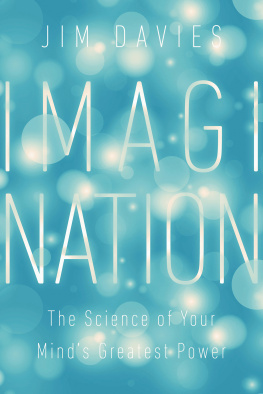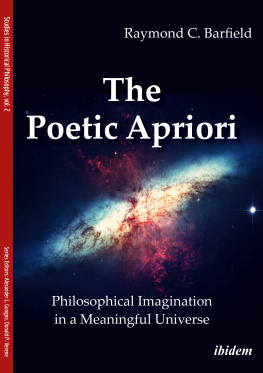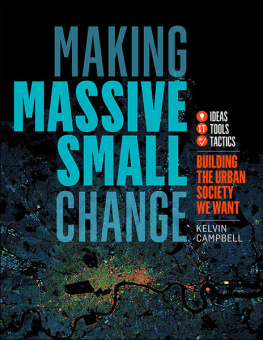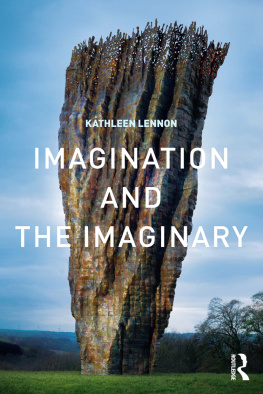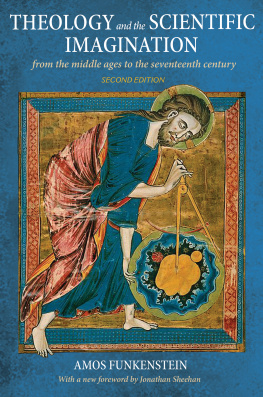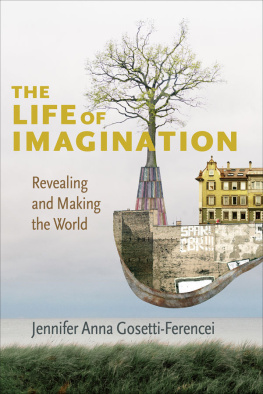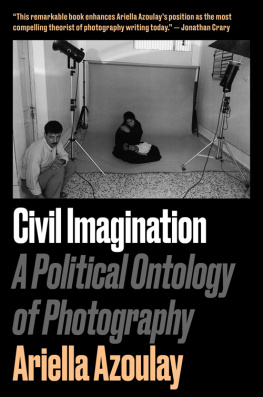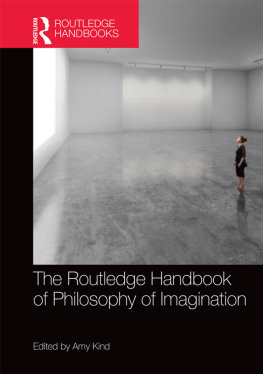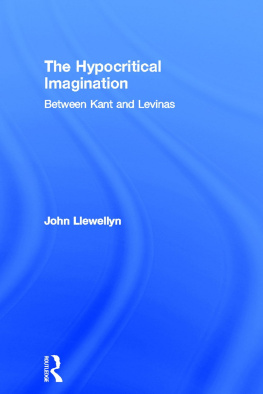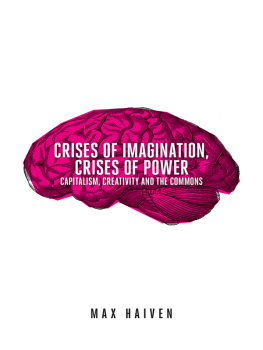My thanks go to my editor Christopher Moore for taking on the project and to the staff of the British Library where most of the research was done. Id like to thank the students who took my class in The Lost Knowledge of the Imagination, given for the Californian Institute of Integral Studies, for help in working through some of the ideas, and Id also like to thank Alfonso Montouri who suggested I give the course as part of CIIS Transformative Studies programme. My sons Joshua and Max and their mother Ruth helped in their usual way. But my very special thanks goes to my collaborator Anja Bjorlo, who suggested the idea and contributed the index.
A Different Kind of Knowing
In the early seventeenth century, a new way of knowing and understanding ourselves and the world we live in appeared in the West and quickly rose to prominence. So effective and powerful was this new approach to knowledge that within a relatively short time merely a few centuries it achieved ascendancy in practically all fields of human endeavour, and subsequently became, as it is today, the gauge by which we measure such difficult and fundamental notions as truth and reality. A few centuries may not seem like a short time, but if we compare the changes that have taken place in human existence since this new way of knowing first raised its head, to the millennia that preceded it, we will not be exaggerating too greatly if we feel that something like a revolution had occurred. As more than one historian has pointed out, human life, even that of the planet itself, has changed more in the four centuries since the arrival of this new mode of knowing, than in the long ages that came before it. What happened in the first years of the seventeenth century was no gradual development, no addition to what had gone before, but a complete break with the past and a radical new beginning.
To be sure, the roots of this new way of knowing could be traced back to earlier times. Its origins can be seen in Greek philosophy, in Plato and Aristotle. But they go back even further, and can be found in much earlier thinkers, such as Thales, Anaximander, Pythagoras, and the other pre-Socratic philosophers who appeared around the eastern Mediterranean in the centuries around 500 bc. This was the period that the German existential philosopher Karl Jaspers christened the Axial Age. Jaspers assigned a unique importance to this age because he argued that it was during it that the spiritual foundations of humanity were laid, a development that took place across the globe. which saw the world as a battleground between the cosmic forces of good and evil; and in the Holy Lands, the Hebrew prophets arose, preaching a new relationship between God and his creation.
It was during this time that in Greece a new kind of individual, moved by new interests and sensibilities, appeared. While in other parts of the globe the Axial Age saw the appearance of powerful religious and ethical feelings and insights that would inform whole civilisations, in Greece and Asia Minor that part of modern Turkey bordering the Mediterranean Sea something different occurred. Here what we can call a movement from a mythical to a mental outlook took place. A new kind of character, the thinker, appeared for the first time, what the philosopher Edmund Husserl called theoretical man. This new type of character had a strange impersonal curiosity about the world around him. As the literary critic George Steiner put it, unlike most people around him, he found himself interested in something for its own enigmatic sake, and not for the practical reasons that until then had motivated most human inquiry. That this is still the case today is not too difficult to confirm.
For such a person, the old myths concerning the creation of the world that they found in Homer and Hesiod were no longer satisfying. They were not interested in a narrative explaining how the world came to be, or the supernatural origin of other elements in this world. What Thales of Miletus or his student Anaximander and other thinkers much like them wanted to know was what the world was made of. According to the philosopher John Shand, they were looking for the original and controlling stuff and first principle of the universe, the nature of which provides an explanation of the existing universe, and its origin, as a whole. For Thales this was water. For Anaximenes, a younger contemporary of Anaximander, it was air. Later sages had other ideas. Heraclitus called the dark philosopher because of his gnomic sayings believed the original and controlling stuff was fire. Other thinkers had similar suggestions.
We may not be impressed with these answers to what may seem to us childish attempts to explain the universe, even if Thales, Anaximenes and the others had substantial arguments to support their theories. But the impetus behind them carries on today. We see this when the worlds media becomes very excited at the discovery of yet another sub-atomic particle even more elementary than the last, that will supposedly allow us to finally solve the mystery of existence until, that is, the next particle turns up.
Closer to the seventeenth century, we can say the new mode of knowing that I am speaking of arose out of the renewed interest in Nature as an object of study and contemplation, that presaged the rise of the Gothic in the twelfth century. Round about AD 862, John Scotus Eriugena, an Irish monk and theologian, wrote a work called De divisione Naturae (On the Divisions of Nature). Eriguena the name means born in Ireland had earlier translated from Greek into Latin a work by an anonymous Syrian monk who most likely lived circa ad 500. The Celestial Hierarchy combined the Neoplatonic philosophy that had flourished centuries earlier in Alexandria in Egypt with the nascent theology of early Christianity to create the great panoply of spiritual beings Seraphim and Cherubim down to the angels that inhabit the Christian universe. Eriguena absorbed this Neoplatonic influence and through it he began to see Nature in a different light, something that comes through in his work. Rather than relegate the natural world to the unredeemed pagans or, worse, the devil, as had been the case for centuries, he recognised within it the presence of the divine. He spoke of natures manifest theophanies Gods appearance within it.


